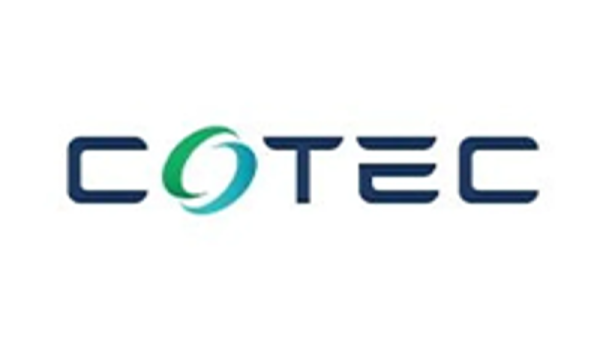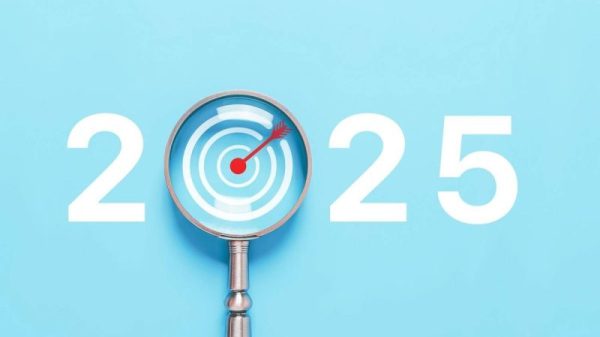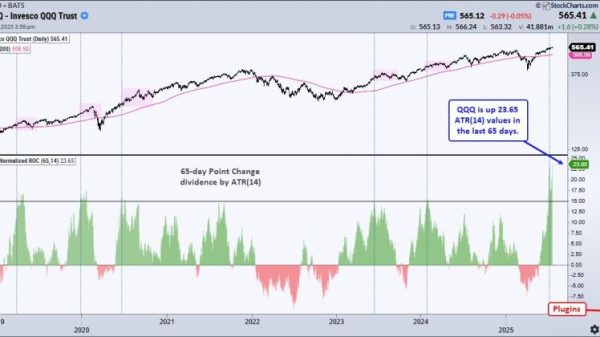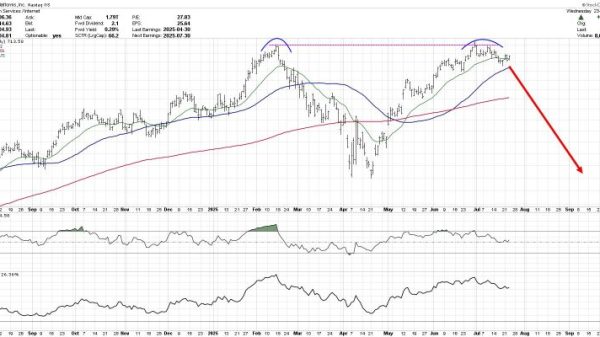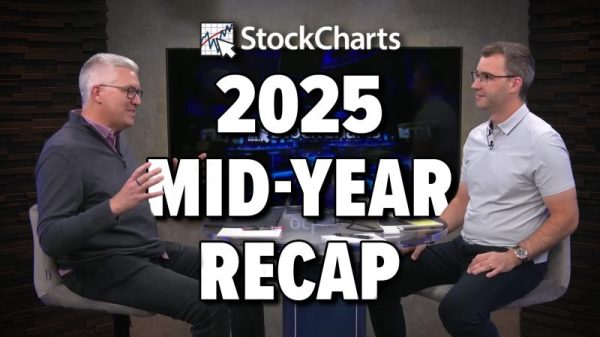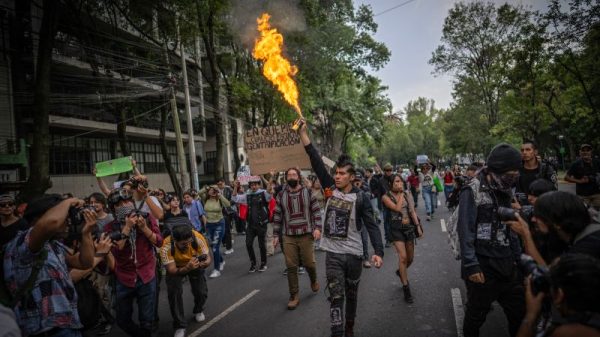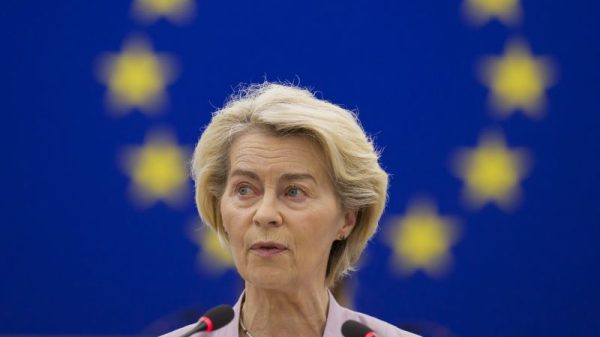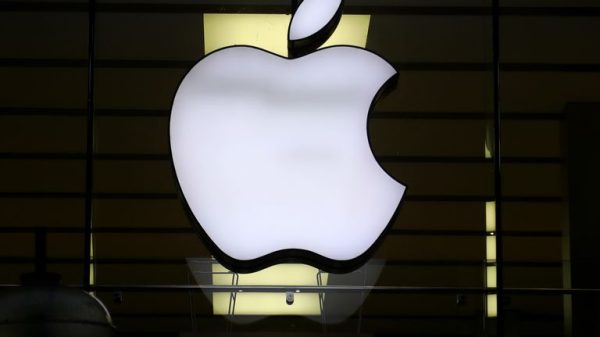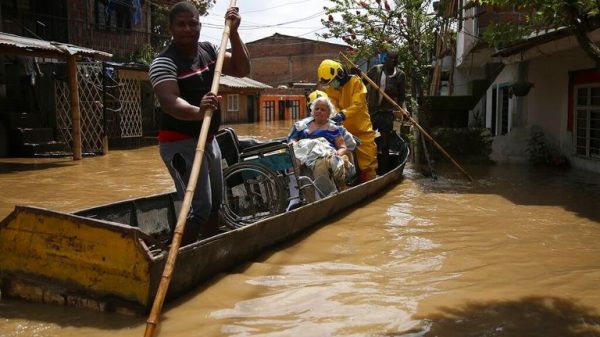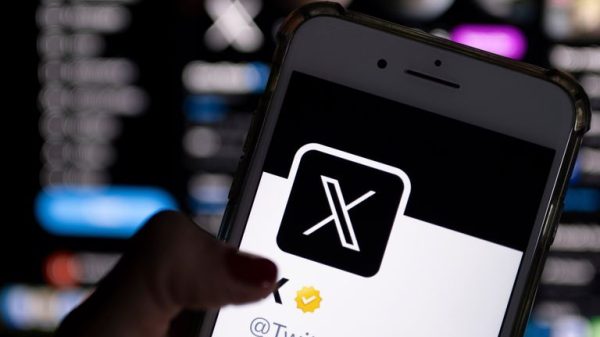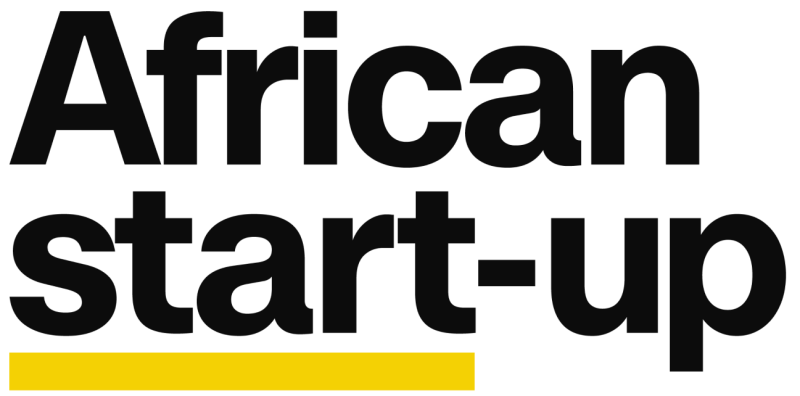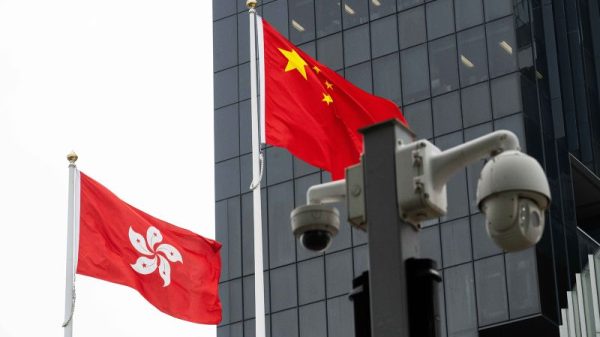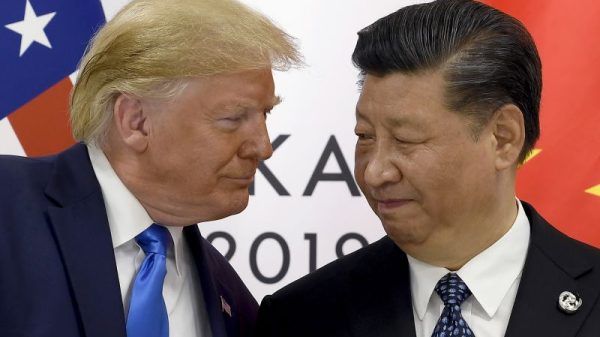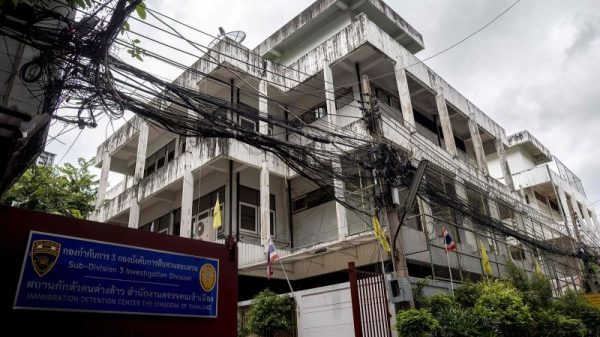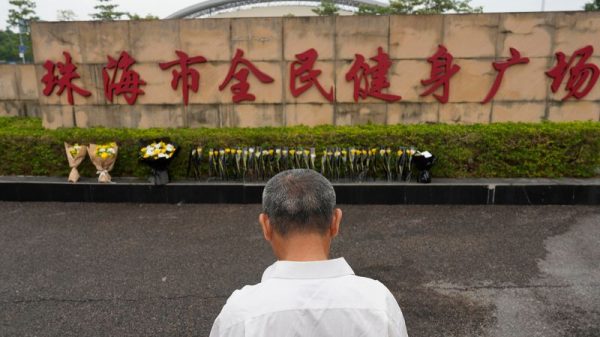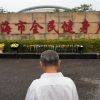As a child growing up in northern Nigeria, Dr. Funmi Adewara experienced a severe hand injury that required multiple surgeries and frequent hospital visits.
These visits exposed her to the harsh realities of the country’s healthcare system. “I remember sitting in overcrowded waiting rooms, watching doctors stretched thin, unable to meet the needs of so many patients,” Adewara recalls.
This formative experience ignited her passion for transforming healthcare in Africa.
Growing up with a mother who worked as a nurse, Adewara’s understanding of healthcare challenges deepened through her mother’s stories.
“I knew early on that healthcare wasn’t a privilege — it was a necessity, and I wanted to be part of changing the system,” she explains.
After training as a physician, Adewara worked for 15 years in the UK’s National Health Service before founding the telemedicine platform Mobihealth in 2017.
Since its launch, Mobihealth has impacted thousands of lives, connecting patients with doctors and healthcare professionals across Nigeria and beyond.
How African startups are embracing innovation
The platform has 20 integrated telehealth clinics that offer remote consultations, diagnostics, and access to specialist care via digital health tools. Located primarily in Nigeria, these clinics are accessible to patients through various subscription plans, and are often financed through partnerships with global donor organizations and private donors.
In addition to the clinics, Mobihealth has partnerships with over 200 hospitals, labs, and pharmacies, Adewara says.
The company has earned global recognition, including a $1 million grant from the US Trade and Development Agency in 2022. Adewara was also one of the World Bank’s seven 2020 SDGs & Her award winners, selected from over 2,400 entries worldwide.
Connecting rural patients
Across sub-Saharan Africa, millions struggle to access basic healthcare. According to the World Health Organization, the region bears 25% of the global disease burden but has only 3% of the world’s healthcare workers.
“In rural Africa, a trip to the nearest hospital can mean the difference between life and death,” says Adewara.
Mobihealth’s latest initiative offers healthcare for $1 a month for rural and underserved populations. It allows Africans in the diaspora — and global supporters — to sponsor essential services like doctor consultations, diagnostic tests and access to telemedicine clinics. The scheme is not solely based on donations; individuals can also subscribe to the service for themselves.
“Healthcare systems across Africa are under immense pressure,” Adewara explains. “Our initiative is a direct response, using technology to connect rural patients with doctors thousands of miles away.”
For Adewara, Mobihealth’s telemedicine platform is not a temporary fix; it represents the future of healthcare in Africa.
“This is about creating a resilient, sustainable and inclusive system, where people, no matter where they are, can access the care they need,” she says.
“Telemedicine brings doctors to people, wherever they may be. By integrating AI and remote monitoring, we are improving the speed and accuracy of care, saving lives in the process,” she adds.
A number of African companies provide telemedicine services, but researchers have pointed out that there are obstacles that could hinder the growth of telemedicine in the continent. Rural areas can have an unreliable electricity supply and poor internet connectivity, and there is often a lack of government policies and funding around virtual healthcare.
“A healthcare system for the future”
Adewara envisions scaling her company’s model to reach millions more across Africa, particularly in countries like Ghana, Kenya and Ivory Coast.
“Our work is just beginning,” she says. “We are building a healthcare system for the future — one that is resilient, inclusive and capable of meeting Africa’s growing population’s needs.”
However, partnerships are crucial to achieving this vision. “We can’t do this alone. Our collaborations with the African diaspora, hospitals, governments, and international organizations allow us to reach more people and ensure that healthcare is affordable, efficient and accessible,” Adewara adds.




